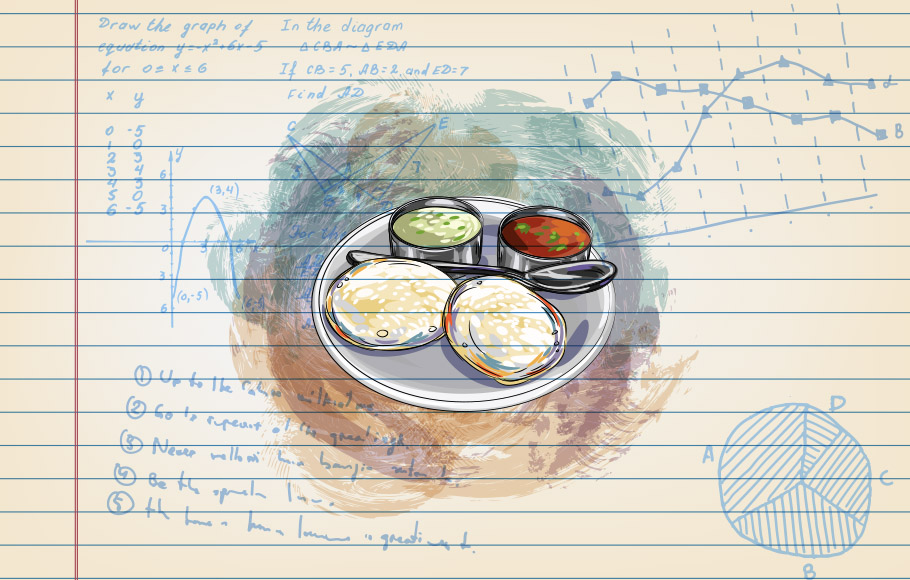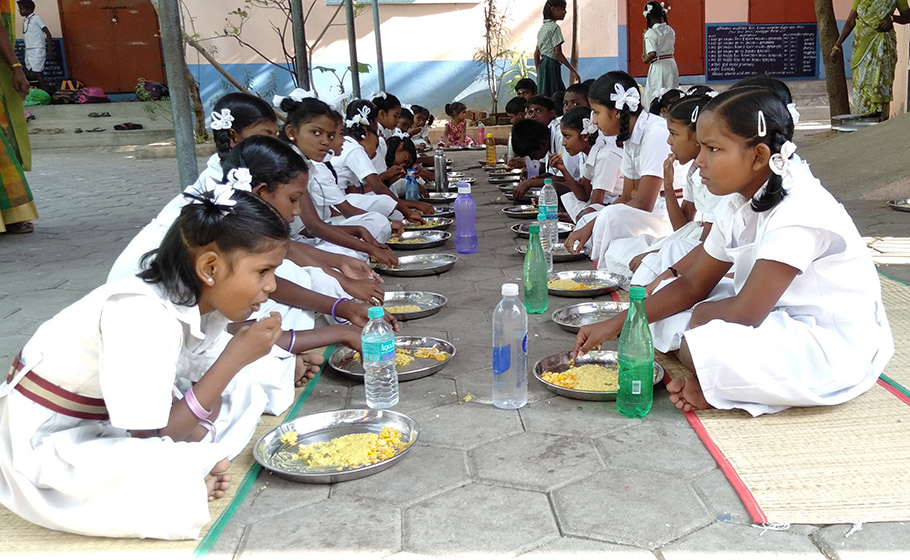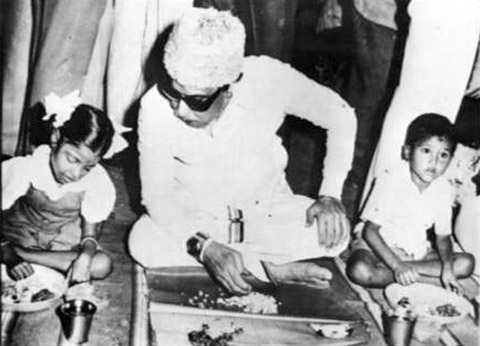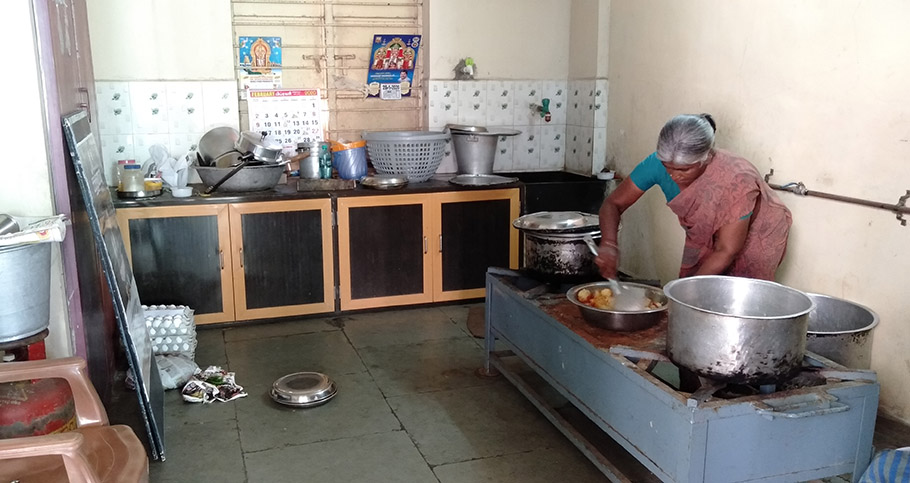
- Home
- India
- World
- Premium
- THE FEDERAL SPECIAL
- Analysis
- States
- Perspective
- Videos
- Sports
- Education
- Entertainment
- Elections
- Features
- Health
- Business
- Series
- In memoriam: Sheikh Mujibur Rahman
- Bishnoi's Men
- NEET TANGLE
- Economy Series
- Earth Day
- Kashmir’s Frozen Turbulence
- India@75
- The legend of Ramjanmabhoomi
- Liberalisation@30
- How to tame a dragon
- Celebrating biodiversity
- Farm Matters
- 50 days of solitude
- Bringing Migrants Home
- Budget 2020
- Jharkhand Votes
- The Federal Investigates
- The Federal Impact
- Vanishing Sand
- Gandhi @ 150
- Andhra Today
- Field report
- Operation Gulmarg
- Pandemic @1 Mn in India
- The Federal Year-End
- The Zero Year
- Science
- Brand studio
- Newsletter
- Elections 2024
- Events
- Home
- IndiaIndia
- World
- Analysis
- StatesStates
- PerspectivePerspective
- VideosVideos
- Sports
- Education
- Entertainment
- ElectionsElections
- Features
- Health
- BusinessBusiness
- Premium
- Loading...
Premium - Events

Breakfast scheme at schools: TN govt is serving an old recipe on a new platter
The Tamil Nadu government's noon meal scheme is surrounded by a controversy in the state over its decision to tie up with Akshaya Patra, which removed onion and garlic from the ingredients.

Around 7.45 am, the Chennai Corporation School at Thiruvanmiyur is a scene of chaos. Restless children running around and giggling. Some, however, are still trying their best to read books. Then the 8 am bell rings, and all the children rush to form a line. In a few minutes, after a small prayer, they will be devouring a breakfast of sambar rice and chips. But little do they know that their...
Around 7.45 am, the Chennai Corporation School at Thiruvanmiyur is a scene of chaos. Restless children running around and giggling. Some, however, are still trying their best to read books.
Then the 8 am bell rings, and all the children rush to form a line. In a few minutes, after a small prayer, they will be devouring a breakfast of sambar rice and chips.
But little do they know that their meal is surrounded by a controversy in the state over the AIADMK government’s decision to tie up with Akshaya Patra, an NGO associated with ISKCON or International Society for Krishna Consciousness, for the school breakfast programme, ‘Kalai Unavu Thittam’.
Started in 2019 February, the scheme has now been expanded to 16 Corporation schools in the city. The tie-up drew the ire of many after it was revealed that the food served to the students would be without onion or garlic.
While those favouring it argue that it is a sattvic (healthy) format of food, those against it say it would affect food habits of children and that this was also an imposition of Hindu way on unassuming kids.
Many also raise the question as to whether this would be the first step by the state government in withdrawing from its responsibility of providing mid-day meals to students — as it had outsourced one of the famous welfare programmes introduced in the state.
‘Justice’ served on plates
As the AIADMK government is busy trying to take credit for introducing the free breakfast scheme in schools, the general perception has been that the midday meals programme was started by former chief ministers Kamaraj and MG Ramachandran (MGR).

However, way back in 1920, the Justice Party which ruled the Madras Presidency had initiated the move to increase the number of students attending the schools.
Founded in 1917 by C Natesa Mudaliar, TM Nair and P Theagaraya Chetty, the Justice Party came to power in the 1920 Madras Presidency elections, winning 63 of the 98 seats. A Subbarayalu Reddiar became the first chief minister of Madras Presidency and P Theagaraya Chetty became the first mayor of then-Madras Corporation.
Under Theagaraya, the Corporation started five schools in Chennai, and the party launched the first ever noon meal scheme in a school in Thousand Lights. However, the British government, which first agreed to provide breakfast at one anna, soon withdrew the funding because of the financial burden it posed. The enrolment of students which grew at one point, dropped after the scheme was stopped in 1925.
NGOs helping hands
In 1956, the then-chief minister, K Kamaraj, introduced the mid-day meal scheme, a first of its kind in independent India, in a school at Ettayapuram in Tirunelveli district. It was expanded to cover around 2 lakh students in 8,000 schools. Initially, Kamaraj ran the scheme with the help of voluntary contributions from the people. After around a year, the state government stepped in.
Akshaya Patra is not the first NGO to provide school meals in Tamil Nadu. In 1961, a US-sponsored NGO called CARE (Cooperative for Relief Everywhere) extended its support to the state government by providing Bulgar wheat. In 1967, the NGO set up a centralised kitchen and distributed food to schools through vans.
According to historians, Kamaraj’s scheme was aimed to satiating the hunger of children. In his book ‘The Dravidian Years’, former bureaucrat S Narayan writes: “In providing what was purported to be a 400-calorie meal through the midday meals programme, there is no evidence of any serious nutritional science-based computation of the ingredients of the meal in the original conception. The original order blandly states poverty as the reason for the programme, and far from being targeted nutritional support, it was presented as a universal feeding programme.”

MGR’s hunger strike
That paved the way to MGR to launch the ‘nutritious noon meal (NNM) programme’ in 1982 in the state budget.
Launching the move, the matinee icon had said:
“This scheme is an outcome of my experience of extreme starvation at an age when I knew only to cry when I was hungry. But for the munificence of a woman next door, who offered a bowl of rice gruel to my mother and us, when we were starving for three days, and saved us from the cruel hand of death, we would have left this world long ago. Such merciful women, having great faith in me, elected me as chief minister of Tamil Nadu. To wipe the tears of these women I have taken up this project. To picture lakhs and lakhs of poor children who gather to partake of nutritious meals in the thousands of hamlets and villages all over Tamil Nadu, and blessing us in their childish prattle, will be a glorious event.”
However, at that time, the Centre had deployed the Food Corporation of India to gather food grains from states for its massive storage and public distribution programme. Tamil Nadu refused to join as it was running its own public distribution scheme, and with its noon meal scheme, it needed more rice than it had in stock.
MGR wrote to the Centre seeking more grains, but when the Centre refused, he held a one-day hunger strike at Anna Memorial on Marina Beach, after which Centre conceded to his demand.
Biographer R Kannan in his book ‘MGR: A Life’ says that the former chief minister suggested providing “a hot meal with vegetable dishes to the pupils, akin to the lunch served in a middle-income family to the children by their mother”.
In 1989, an egg a fortnight was introduced under the programme.
Jayalalithaa as the ambassador
If the Centre did not allocate enough funds to Tamil Nadu for its pet schemes, MGR, who was at the time one of the tallest actors in the state, got his fellow stars and producers to donate generously for the scheme.
Jayalalithaa, a star then, and making early forays into politics with MGR-launched AIADMK, had contributed ₹40,000 to the programme. This paved the way for her to be appointed by the CM to promote the meal programme.

Once as part of promoting, Jayalalithaa conducted an inspection in a school in Madurai. This created a furore among ministers, who questioned how a non-government person could conduct an inspection. MGR immediately appointed her as nutritious noon meal scheme high-level committee member.
Later when she was in power in 2001, Jayalalithaa introduced green gram and boiled potatoes, and in 2013, four kinds of egg masala, and in 2014, a variety meal programme.
Though DMK patron M Karunanidhi had initially accused MGR of turning children into beggars with this programme, he did not discontinue it. On his part, Karunanidhi introduced eggs and banana for the vegetarian.
NNM under Edappadi’s rule
Under the current Edappadi Palaniswami rule, the nutritious noon meal scheme has seen a rocky ride. In 2019, the government planned to shut about 8,000 mid-day meal centres, due to shortage of students. But after public outcry, it had to backtrack.
Also, in the absence of top Dravidian leaders, casteism is seen to be clawing back. Caste Hindus staged protests in several places against Dalit women cooking the meals.
Now, despite allocating a budget of ₹1,863 crore, many feel that the government is shirking from its responsibility.
A hundred years after Justice Party’s initiative, many feel a Dravidian party is now dependent on a religious NGO to provide food for its children.
Welcoming the involvement of private parties, PK Elamaran, state president, Tamil Nadu Teachers Association, says “Akshaya Patra’s menu are against the food culture of our state” and questions why the government cannot implement the scheme on its own, hinting at a land deal worth ₹500 crore.
Sudha Vasudhevan, a nutrition scientist of Mohan Diabetes Research Foundation, says the non-use of garlic and onion will not affect the health of students in any way.

“Garlic and onions are used for smell and taste. If they are not used in cooking, nothing nutritious will be lost. The absence of these items can be replaced by other vegetables, particularly more of greens. Presumptions that garlic will help in removing gastric problems are not scientifically proven till now,” she says.
Noted economist J Jeyaranjan tells The Federal that the issue is not about whether the NGO adds onion in its food or not, but about social justice.
“The base of introducing the noon meal scheme in schools is social justice. We have institutionalised social justice. We have separate department for noon meal scheme. We allocate funds in the budget. It is our right. But the present government tries to convert the right into a charity,” he says.
Instead of asking why the government implement can’t the scheme, “we should ask why the government is implementing the scheme through a charity”, he wonders.
It seems like MGR’s words that he would even beg for money to provide food for the children seems to have been misinterpreted by the present dispensation.
At one school where the breakfast scheme is implemented, an old woman serves hot meal onto the plates of young children, helping them hold the plates firm and sit in rows.
“The school opens at 8 am but many students come at 7 am itself as their parents, many of who are migrant labourers, need to go to work. For such students, the breakfast scheme has given a new lease of life,” says Maria Shanthi, a headmistress of one such school.
She says that many students used to have upset stomachs, vomit and even faint during morning prayers as some don’t have anything to eat or they eat on the roadside.
“Now after the scheme, we are not witnessing such incidents,” she says.
